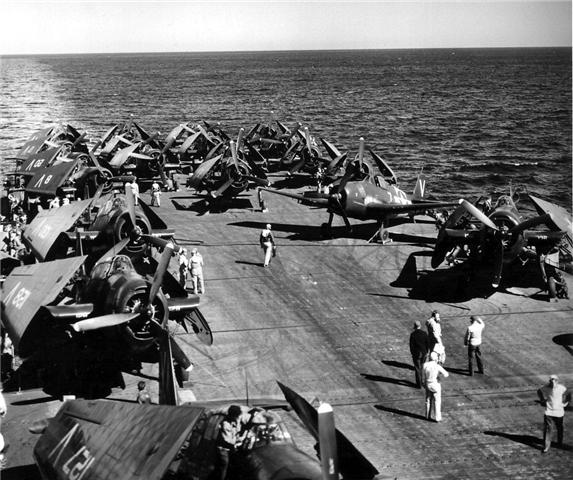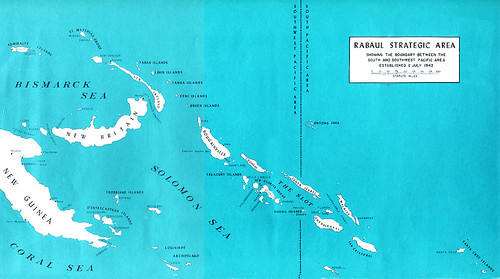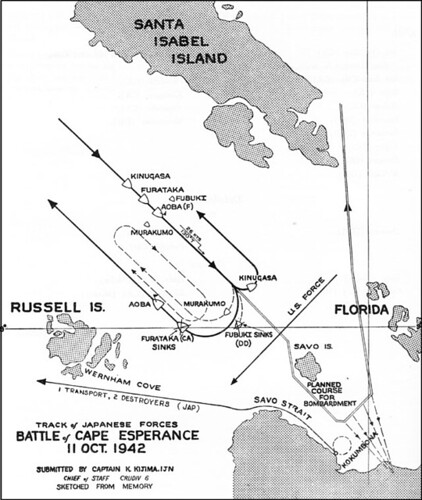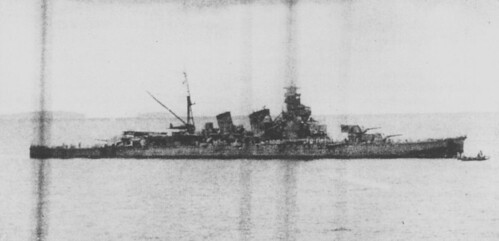Gal then goes into a very real seductive idea - specialization vs. generalization. He doesn't seem to be a big fan of generalization, something I prefer to call "multi-mission capabilities."
I also think that he is missing something here that might be helped with a few more examples, as his angle isn't clear.There is no evidence at all that the Navy has made any significant effort to field specialized units and leverage NCW to gain more capability through specialization as NCW proponents envisioned. If anything, the more integrated the Navy has become with NCW, the more generalization has become an institutional priority. In fact, despite NCW and its promises, specialization has been shoved in its own box of general capabilities. The ugly reality, based on action, is that in the Navy specializations are neglected and treated with bias primarily because of their specialized skill, and the promotion boards have historically reflected it. Lets examine this in detail.
Most of the bias I have seen is simply parochial in nature. Nothing against specialists per se --- just the classic "His career doesn't look like mine." problem.
Gal goes on to discuss aviation and what I think is a criticism of the shrinking use of specialized aircraft. A fair critique and one I roughly agree with, but I don't think anti-NCW think has anything to do with it. A deck full of F-18s has everything to do with Fighter Mafia myopia and the accountant's love of common airframes folded up with budget mismanagement. The P-8 from 737 mostly has to do with a well earned distrust (see P-7) of Lockheed Martin's broken promises track record than anything else.
His surface discussion also has an off-phase angle to it.The great naval surface warfare idea of 2009 is the same great naval surface warfare idea of John Lehman, 20 years ago: build the big multi-mission Arleigh Burkes. The Littoral Combat Ship is rightfully questioned in the way David Axe presented the other day, the hull is specifically a massive generalization of possibilities without having the necessary characteristics to make it a specialization in any specific area of warfare. Indeed, the way the SWOs look at Network-Centric Warfare in their approach to new ships, one will not find specialization anywhere as a future priority.
Full stop there. LCS is a perfect example of a love OF specialization and NCW. The whole Mission Module idea is the bastard step child of NCW thinking .... which is why it is expensive, unexecutable, nonoperational garbage. LCS sold as a system of system, NCW enabling platform is why we are losing our specialized units. Once again, LCS is not a multi-mission platform. It is a specialized platform as without its mission modules (specialized) it is simply a very empty, undermanned, expensive gunboat.
BTW, I recommend David Axe's article, and I welcome him to the LCS skeptic's club. Nothing there that we have not been discussing here since '06, but the more voices the better. Back to Gal though.
After a submarine discussion that I think is also a missing the multi-mission requirement of a modern SSN, Gal comes to something that we can agree on is an incredibly foolish thing;I must be missing something, because I think sending a 9000 ton destroyer to build maritime security cooperation with a nation that fields 9 little coast guard boats is an embarrassing reflection of the attitude that promotes generalization in the Navy, something of an arrogance that the fleet can meet any obligation regardless of how little the US Navy may have in common with the specific requirements and tasks to be done.
Actually, no. The problem is that we decided we needed the "NCW leveraging power" of the mission module lov'n LCS, and therefore no longer needed a Frigate sized ship in our Fleet. Being that LCS continues to be this century's Patrol Hydrofoil of a success and our FF(no-so-G) are being sold to the likes to Turkey, the only available surface combatant out there are our DDG (which are really light cruisers). The Navy doesn't have a choice.
Gal has part of the larger problem, but again misses some critical aspects of the result.The public face of Navy leadership today suggests the general consensus is that all of this generalization is OK, probably because generalization is all today's Navy officer has ever known. As the Navy has built itself through the 80s and since the end of the cold war, the specialization of generalization has become the requirement and direction resulting in massive, multi-mission capable warships.
A ship does not have to be large to have a multi-mission capability. Just look at the EuroFrigates that are being built by Norway, The Netherlands, Denmark, and others. Good, solid, reasonably priced ships that are ready to meet a variety of challenges without being the size of the Graf Spee.
I do agree that there is a problem of wanting ships to have it all, but that is not a new problem. Almost 100 years ago, there was the feeling that Battle Cruisers should also carry torpedoes - a fatal design flaw for many classes, but who studies history anymore, right Sid?
No, our problem has been a lack of discipline and parochialism - two things Gal does briefly hint towards in his post.
Gal, the intellectual churn is good - but I have to disagree with much of your post. I think you may have spread a bit too far in applying NCW and the generalization vs. specialization concepts. Maybe break your post into specific arguments instead of addressing them all in one post, maybe? ;)
I think NCW is a related problem from a generalization vs. specialization standpoint, but not as interrelated as you propose in your post.
Many of the problem in your post are, in reality, micro decisions that manifiest themselves in macro concepts, and not macro concepts manifesting themselves in micro decisions ... except for LCS. That dog's breakfast is the child of NCW-think. The results speak for themselves.
Also, NCW isn't a promise, it is a mirage.










